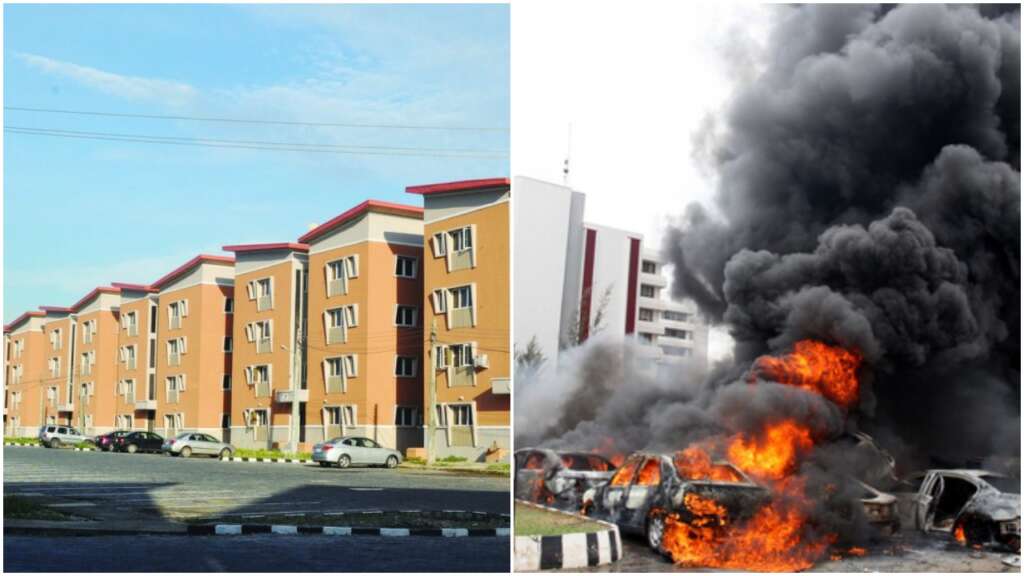Estate managers worry as insecurity heightens, takes toll on the market
The Housing Development Advocacy Network (HDAN), says it is deeply concerned about the impact of the security situation on the real estate market and the economy.

The Housing Development Advocacy Network (HDAN), says it is deeply concerned about the impact of the security situation on the real estate market and the economy.
Among Nigerians, individuals and groups, the worry about the heightening insecurity in the country is deep-seated. One of such groups is the housing development advocacy outfit which is all the more worried as the government seems clueless on the frightening situation.
Aside from reducing the sector’s contribution to national GDP, which is relatively significant, insecurity discourages fresh investment in the country, and a case in point is Twitter which took its regional headquarters to Ghana, ignoring Nigeria with its large-size market.
“Twitter is just one out of many foreign investors that have avoided Nigeria for security reasons. Real estate benefits much from new investments because it provides both commercial and residential properties for the investors. That opportunity has now gone to Ghana in the case of Twitter,” Festus Adebayo, HDAN’S executive director, noted.
READ ALSO: Twitter user promises to ‘cut soap’ for his followers after acquiring a new house
Moreso, any fresh investment in real estate and other sectors of the economy comes with a positive impact on the economy because of the jobs such investment will create.
In real estate, for instance, experts say that everyone square metre of real estate activity creates jobs for three people.
“We are afraid that as these security challenges continue, Nigeria’s housing deficit, estimated at 22 million, may worsen as real estate investment continues to drop in some parts of the country,’’ Adebayo said.
He, however, cited a World Bank report in 2016 which notes that since the Boko Haram scourge began in 2009, fighting between the sect and the military has destroyed 956,453 out of 3,232,308 private houses; 5,335 classrooms and school buildings in 512 primary, 38 secondaries and two tertiary institutions; 1,205 municipal, local government or ministry buildings, and 76 police stations;
